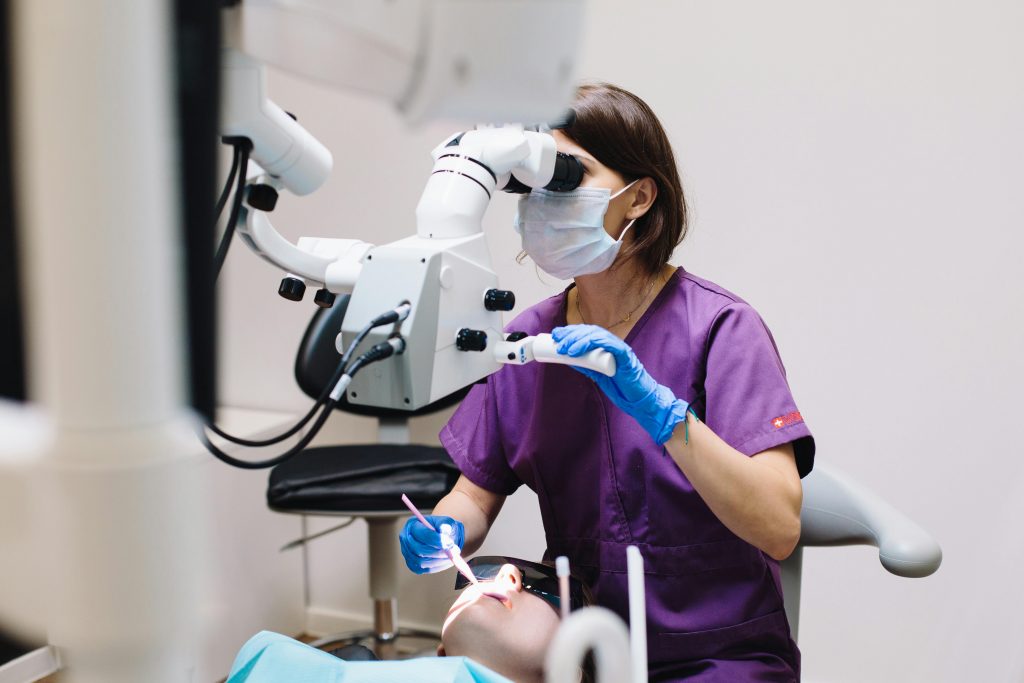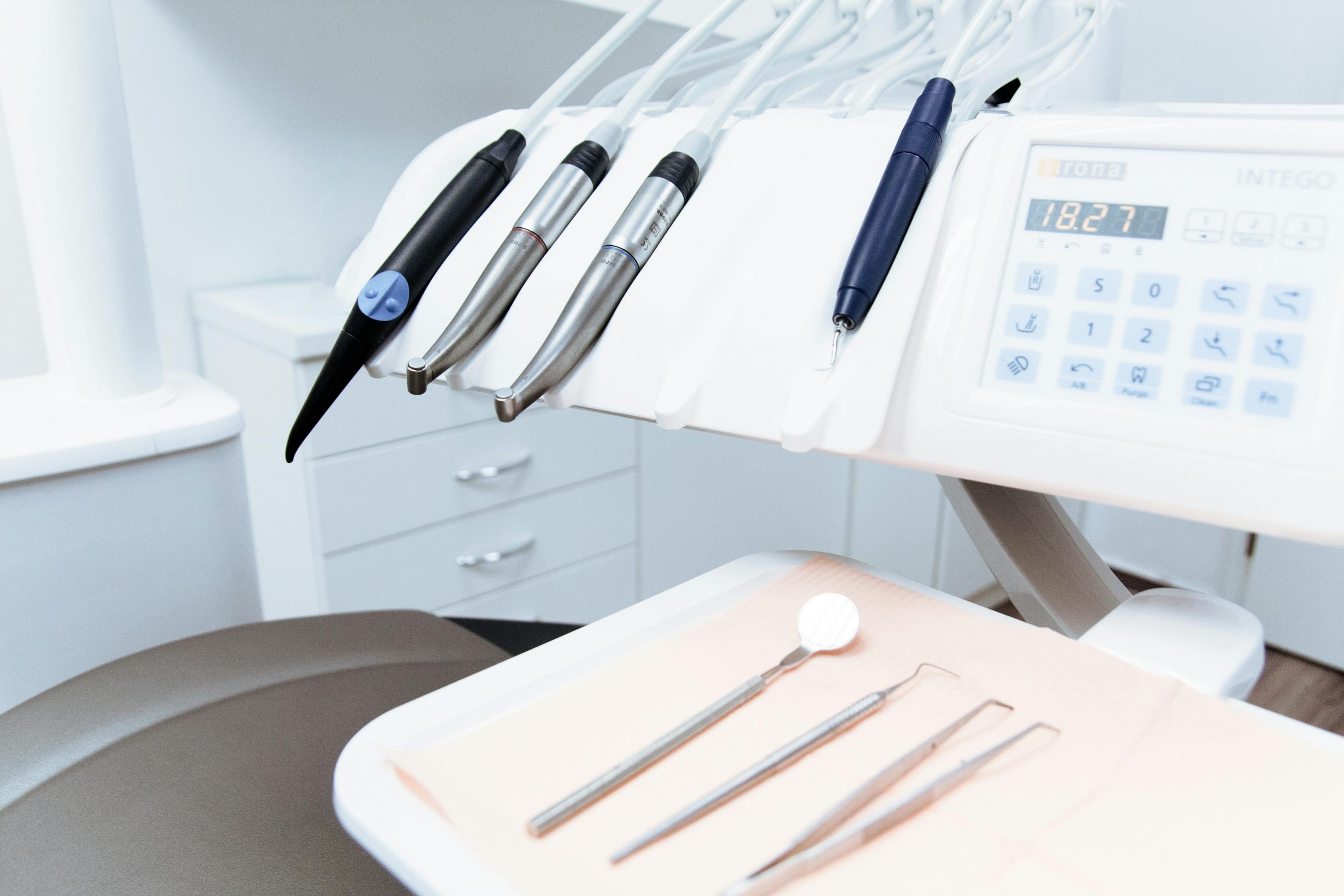Maintaining oral health is a crucial part of overall wellness, and regular dental visits play a significant role in this process. Many people wonder about the optimal frequency for dental checkups. While general recommendations suggest a routine every six months, several factors can influence how often you should visit your dentist. Understanding these factors can help you make informed decisions about your dental care.
Understanding Standard Recommendations
For most people, visiting the dentist every six months is sufficient to maintain good oral health. This biannual schedule allows your dentist to monitor your oral health closely, address any emerging issues early, and perform routine cleanings to prevent plaque and tartar buildup. Regular checkups and cleanings help prevent common dental problems such as cavities, gum disease, and other oral health issues.
During these appointments, your dentist will perform a thorough examination, including checking for signs of tooth decay, gum disease, and oral cancer. Professional cleanings remove plaque and tartar that can accumulate despite regular brushing and flossing, helping to reduce the risk of dental issues.
Factors Influencing Frequency of Dental Visits
While the six-month rule is a good general guideline, several factors can affect how often you should visit the dentist. These factors include:
1. Oral Health Status
Your current oral health condition significantly impacts how often you should schedule dental visits. If you have healthy gums, teeth, and no significant dental issues, sticking to a six-month schedule is usually sufficient. However, if you have chronic conditions such as gum disease or frequent cavities, your dentist may recommend more frequent visits to manage these issues effectively.
2. Personal Dental History
Individuals with a history of dental problems may need to visit the dentist more often. For example, if you’ve had multiple cavities or previous dental work like crowns or fillings, your dentist might suggest more frequent checkups to monitor the condition of these restorations and ensure they are functioning properly.
3. Risk Factors
Certain lifestyle factors and risk conditions can also affect how often you should visit the dentist. Smokers, people with diabetes, or those with a high risk of oral cancer may need more frequent visits due to their increased risk of oral health problems. Additionally, individuals with a high sugar intake or who suffer from bruxism (teeth grinding) might need to see their dentist more often to manage potential issues.
Signs You May Need to Visit the Dentist Sooner
Even if you are following the standard six-month schedule, there are signs and symptoms that might indicate you need to visit your dentist sooner. These include:
1. Toothache or Sensitivity
Experiencing persistent toothache or sensitivity to hot and cold foods can be a sign of dental issues such as cavities or cracked teeth. If you notice these symptoms, it’s essential to schedule an appointment with your dentist as soon as possible to address the problem and prevent further damage.
2. Gum Problems
Bleeding gums, swollen or painful gums, or bad breath may indicate gum disease or other oral health issues. If you notice any of these symptoms, it’s crucial to see your dentist promptly. Gum disease can progress quickly, and early intervention can prevent more severe problems.

3. Changes in Oral Health
Any noticeable changes in your oral health, such as loose teeth, changes in bite, or mouth sores that don’t heal, should be evaluated by your dentist. These changes may signal underlying issues that require professional assessment and treatment.
Tailoring Dental Visits to Your Needs
Ultimately, the frequency of your dental visits should be tailored to your individual needs and health status. For personalized advice, consider consulting with a local dentist, such as a dentist in Stevenage, who can provide recommendations based on your specific oral health condition. They can assess your risk factors, dental history, and current oral health to determine the most appropriate schedule for your checkups.
In summary, while the general recommendation is to visit the dentist Stevenage every six months, various factors can influence the ideal frequency for you. By understanding these factors and paying attention to your oral health, you can work with your dentist to establish a schedule that keeps your smile healthy and vibrant. Regular checkups are an essential part of maintaining optimal oral health and preventing potential problems before they become more significant issues.


